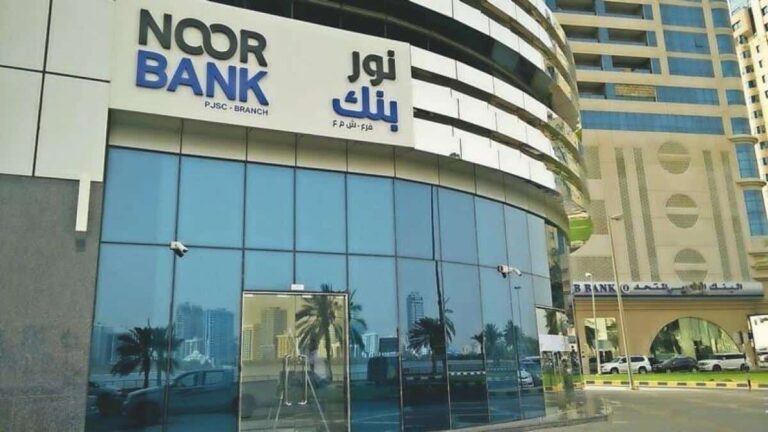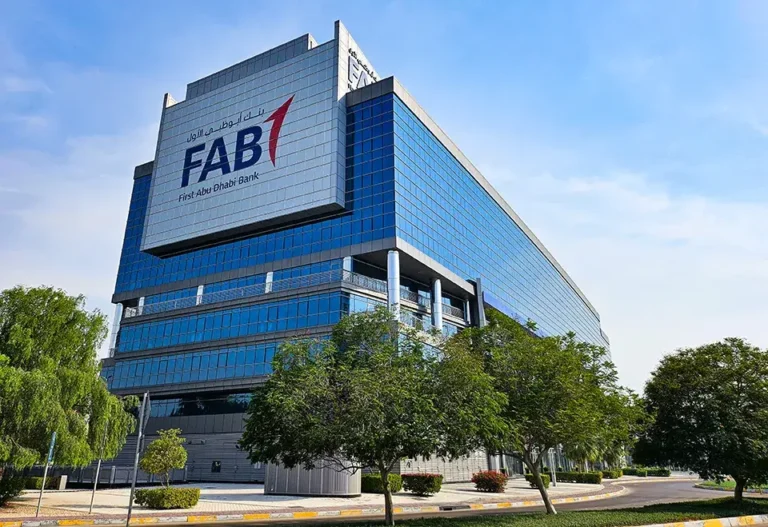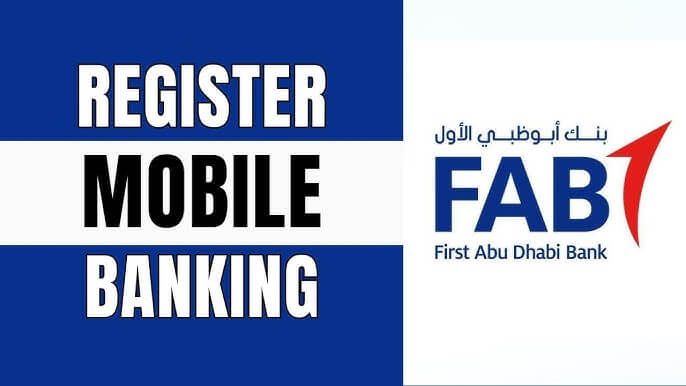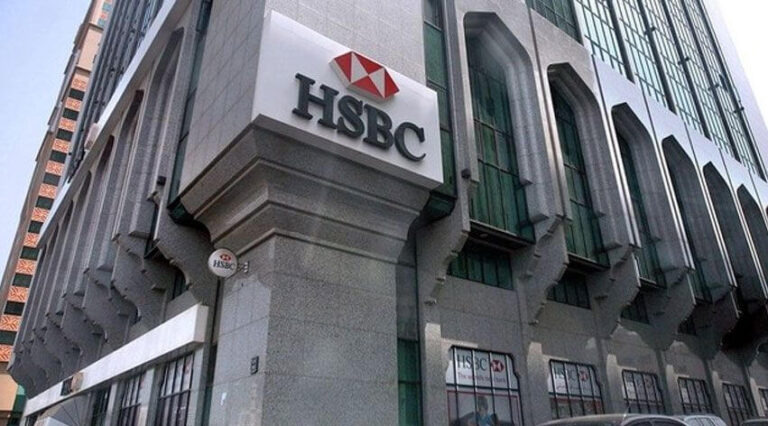Arab Bank, UAE: A Legacy of Trust, Growth, and Regional Impact
In the dynamic world of Middle Eastern finance, few institutions possess the legacy, reach, and influence of Arab Bank. Established in 1930 and headquartered in Amman, Jordan, Arab Bank stands as one of the region’s most prominent financial entities. With a robust network of over 600 branches across five continents, it has cemented its role as a cornerstone of banking not only in Jordan but throughout the UAE, the wider MENA region, and globally.
The Strategic Relevance of Arab Bank in the UAE

In the UAE—a nation recognized for its financial innovation and global connectivity—Arab Bank plays a crucial role by serving individuals, corporations, government entities, and financial institutions. As Dubai and Abu Dhabi continue to position themselves as international financial hubs, Arab Bank’s UAE operations support cross-border banking, trade finance, corporate lending, and project investment. The bank’s established credibility and long-standing presence offer UAE residents and businesses a stable and reputable partner for all financial needs.
Related: Emirates NBD
A Historical Powerhouse: From Jerusalem to Global Finance
Arab Bank’s origin traces back to 1930 in Jerusalem, making it the first private-sector financial institution in the Arab world. Post-1948 geopolitical shifts forced the bank to relocate its headquarters to Amman. What could have crippled a lesser institution instead became a catalyst: Arab Bank’s commitment to returning deposits and rebuilding customer trust during that era earned it enduring goodwill across the region.
By the 1960s, Arab Bank had firmly established itself with 43 branches and a capital base of 5.5 million Jordanian dinars. However, the tide of nationalization across Arab countries during this period led to the loss of 25 branches. Despite such setbacks, Arab Bank pushed forward, opening offices in Europe—including Switzerland—and later expanding into major financial cities such as London, New York, Frankfurt, and Singapore.
Related: First Abu Dhabi Bank
Expansion and Innovation in the 21st Century
The early 2000s saw Arab Bank double down on innovation and global presence. Under the leadership of Abdel Hamid Shoman, the bank:
- Reentered Syria and explored Iraq’s reemerging financial market
- Launched Europe Arab Bank in London
- Invested in Turkey’s Turkland Bank and Jordan’s Al Nisr Al Arabi Insurance
- Pioneered digital security measures in partnership with OneSpan
This period marked a strategic expansion into bancassurance, institutional finance, and advanced authentication technologies.
Financial Strength and Resilience
As of 2023, Arab Bank reported total assets of $68.3 billion, up 6% from 2022, and a net income of $829.6 million, up a remarkable 52%. The Group also executed its first sustainable AT1 issuance worth $250 million, underscoring its Environmental, Social, and Governance (ESG) commitment.
Notable metrics from recent years include:
- Net income after tax (2018): $820.5 million
- Return on equity: 9.5%
- Credit facilities: $25.8 billion
- Customer deposits: $34.3 billion
Arab Bank remains the only Jordanian organization ranked among the top 10 in the Arab world for ESG performance, achieving a notable rise in ranking from fifth to fourth between 2014 and 2015.
Regional and International Compliance Commitment
Arab Bank has consistently prioritized compliance, risk management, and counter-terrorism financing. It co-hosted the International Anti-Money Laundering/Combating Financing Terrorism Conference in 2006 and has held regulatory compliance summits involving the Central Bank of Jordan and global banking professionals. This emphasis reflects its commitment to aligning with UAE’s strict financial compliance and international standards.
Legal Challenges and Court Victories
Arab Bank has faced several lawsuits in the United States alleging financial ties to terrorist entities. The landmark Linde v. Arab Bank case initially found the bank liable; however, the decision was overturned by the U.S. Court of Appeals due to improper jury instruction. Additionally:
- In Jesner v. Arab Bank, the U.S. Supreme Court ruled foreign corporations cannot be sued under the Alien Tort Statute.
- A $24 million fine was levied in 2005 against the bank’s New York branch for compliance failures, later resolved by 2018.
While these high-profile legal battles have tested its resilience, Arab Bank has emerged with its core operations intact and reputation largely reinforced.
Governance: A Board Anchored in Regional Leadership
Arab Bank’s Board of Directors features influential figures from the region, including:
- Mr. Sabih Al Masri (Chairman)
- Representatives from the Ministry of Finance, Saudi Arabia
- Social Security Corporation of Jordan
- Several prominent businessmen and financial experts
This leadership ensures strategic oversight aligned with the Arab world’s economic development goals.
Social Impact: The Abd Al-Hameed Shoman Foundation
Beyond banking, Arab Bank has made transformative investments in social development through the Abd Al-Hameed Shoman Foundation, one of Jordan’s first private-sector-funded institutions. The foundation promotes research, education, and culture across the Arab world.
The bank also launched the Together program, partnering with non-profits focusing on poverty alleviation, health, education, and environmental protection. In 2011 alone, it donated over 8 million Jordanian dinars to community development.
Arab Bank in the UAE: A Trusted Financial Partner
For UAE residents—expats and locals alike—Arab Bank offers a robust portfolio of services tailored to the dynamic UAE economy. These include:
- Retail and personal banking solutions
- Corporate and SME financing
- Real estate investment services
- Trade finance and international transfers
- Islamic banking and Sharia-compliant products
Backed by cutting-edge digital tools, global compliance frameworks, and nearly a century of regional heritage, Arab Bank provides the reliability modern banking demands.
To explore more about Arab Bank’s branches in Dubai, services for expats, and related financial insights, visit TheDubaiWeb.com’s banking section.
Frequently Asked Questions (FAQ)
What is Arab Bank’s role in the UAE banking sector?
Arab Bank provides retail, corporate, and institutional banking in the UAE, supporting personal finance, trade, and investment for both locals and expatriates.
Is Arab Bank a safe institution?
Yes. With decades of experience, robust compliance mechanisms, and consistent profitability, Arab Bank is considered one of the most stable banks in the MENA region.
Where are Arab Bank branches located in the UAE?
Arab Bank operates key branches in Dubai and Abu Dhabi. For updated locations, check the bank’s official website or TheDubaiWeb.com’s local banking guide.
Does Arab Bank offer Islamic banking?
Yes, Arab Bank provides Sharia-compliant banking products that align with Islamic finance principles.
How can expats open an account with Arab Bank in the UAE?
Expats can open accounts by visiting a local branch with valid identification, visa documents, and proof of residence. Many services are also available online.
What makes Arab Bank different from other banks in the UAE?
Its regional legacy, expansive international footprint, ESG leadership, and deep cultural understanding give Arab Bank a unique edge in serving the diverse UAE population.
- Al Mahatta Park Sharjah Area Guide – Timings, Location, Facilities & Nearby Attractions UAE - February 22, 2026
- Lulu balance Check UAE – How to Check Lulu Salary Card Balance Online, SMS, ATM & App (2026 Guide) - February 21, 2026
- FAB Bank Prepaid Card Inquiry – Complete Guide for Balance Check, Enquiry Methods & Card Management in the UAE - January 7, 2026







